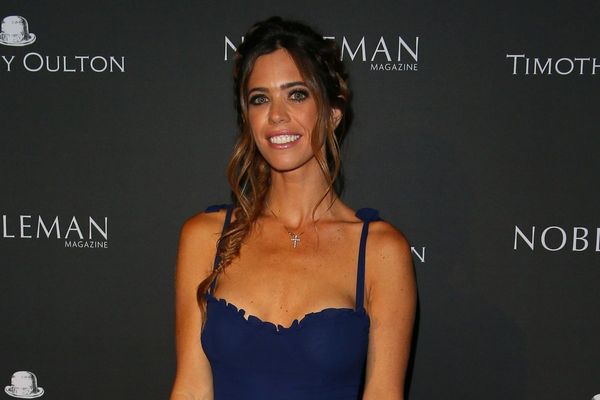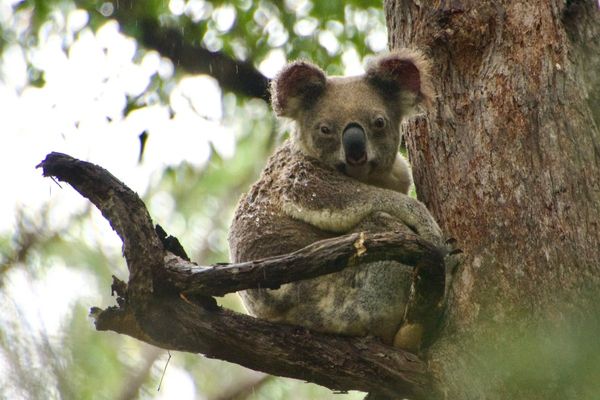Nabarangpur, a southern Odisha district that was entirely dependent on neighbouring Andhra Pradesh for the supply of fish till a few years ago, is teeming with pisciculture activity now, from maintaining brood fish to seed production, and from fish food production to live fish markets, encompassing the entire pisciculture value chain.
The turnaround has been made possible through the efforts of the Central Institute of Freshwater Aquaculture (CIFA), a research institute under the Indian Council of Agriculture Research (ICAR), which has actively shared its laboratory knowledge with the general public.
CIFA is part of a consortium of 11 famous institutes affiliated to the ICAR, including the Indian Council of Medical Research, the Council for Scientific and Industrial Research (CSIR), the Department of Biotechnology (DBT), that have been working for the socio-economic development of Nabarangpur, dubbed one of the poorest districts of the country. The central laboratories are variously involved in promoting employment generation opportunities in food processing, value addition for crops, horticulture, and the poultry sector.
This is probably the only unique experiment in India where all top scientific laboratories, which have often faced criticism for not putting their laboratory knowledge to use in grassroots development, have focussed their attention on uplifting the socioeconomic conditions in Nabarangpur.
“Prior to 2018, the fish market [in Nabarangpur] was nearly non-existent. About 15 to 20 truckloads of fish from Andhra Pradesh every week would cater to the demand for fish in Nabarangpur. Changes were noticed when we started initiating people into aquaculture,” Nagesh Barik, Principal Scientist, CIFA, who has led the institution’s intervention in Nabarangpur, said.
Nabarangpur, a primarily vegetable-growing district, showed little inclination for pisciculture in the past. It was the water bodies dug under the Mahatma Gandhi National Rural Employment Guarantee Act (MGNREGA), and watershed programmes, that created massive ground for pisciculture.
Systematic intervention from CIFA has resulted in the establishment of an entire value chain. Six aquaculture clusters around Taragaon, Kusumjhar, Karchhamal, Kapur, Umerkote and Chandahandi have been developed, besides the establishment of high quality broodstock for seed production of rohu, catla, common carp, Amur carp, silver barb and penga fishes.
CIFA sources said five carp hatcheries have been established at Taragaon, Umerkote, Kusumjhar, Karchhamal and Kapur, respectively; 20 acres of seed rearing ponds constructed; five pelletizer and three sinking feed mills for feed production of carps set up; and five fish harvesting groups formed.
“We provided high quality germplasm for pisciculture development in Nabarangpur. The high growth of fishes attracted farmers to adopt scientific aquaculture. About 1,000 farmers have so far been involved,” Dr. Barik said. There are a few live fish marketing systems at Umerkote, Chandahandi and Kosagumuda in the district.
The CIFA scientist said that Nabarangpur’s own pisciculture market had grown to an estimated value of ₹250 crore from near non-existence. As a sizeable part of the population belongs to the fish-loving Bengali community, the demand for fish is unlikely to fall. There is huge potential for people to participate in pisciculture and build a sound business ecosystem, Dr. Barik said.
With 56% tribal and 15% Scheduled Caste populations, Nabarangpur has the lowest per capita income of ₹14,700 per annum in Odisha (at 2004-05 prices), and half of its working population does not have any work. At the bottom in almost all social indicators, it has been identified as an ‘aspirational district’ by the Union Government.







